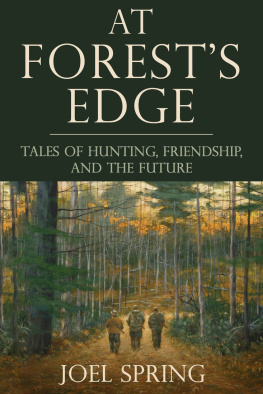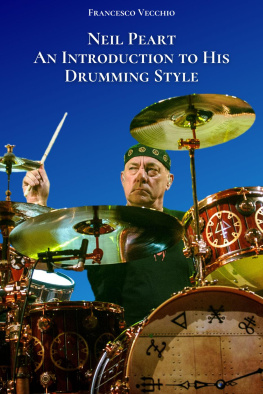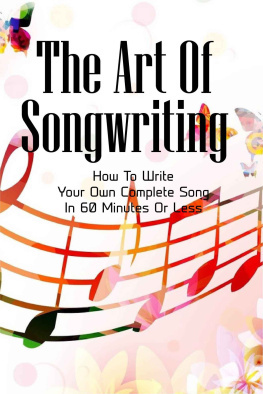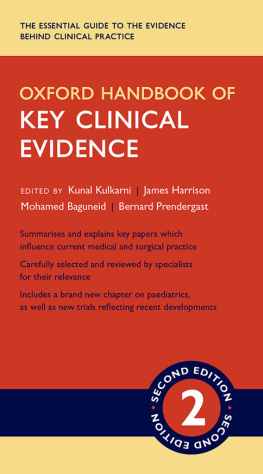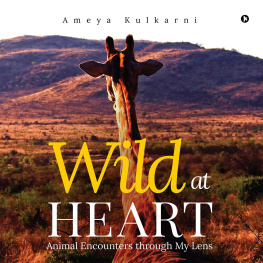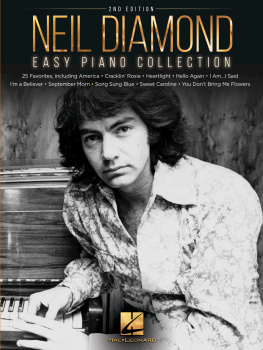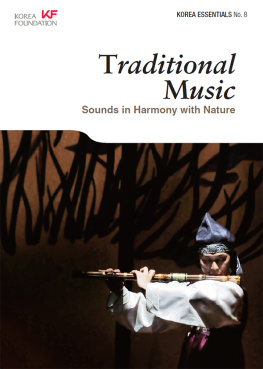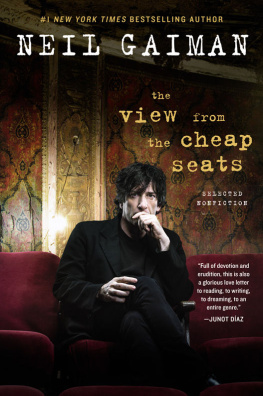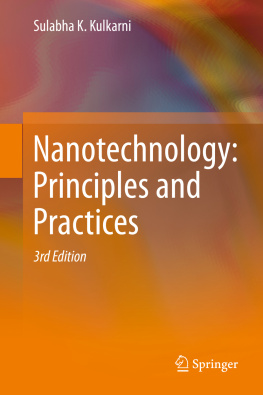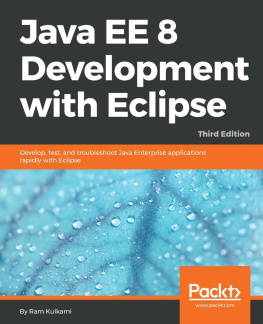Acknowledgements
Thanks to Luke Turner and John Doran at The Quietus for suggesting I rewrite & serialise my initial version of Eastern Spring , a process from which this book emerged.
Everlasting thanks to my family especially Samantha, Charlotte Katy, Jake Jerome, Georgia Aurora and Sofia Maisy Shalini for putting up with this ol duffer, my sister Meera Kulkarni whom I entirely blame for sending me this way in the first place & my mum Rhuita Shalini Kulkarni whos knowledge & generosity has always proven invaluable.
This book is dedicated to my father Madhusudan Balaji Kulkarni (1934-1998). Thanks for the tapes and everything else dad.
Postscript: Radio Golha, 2008,
Plan B Magazine.
I wrote this piece in 2008 and indirectly it led to the beginnings of the writing contained in Eastern Spring. Iranian music, especially given my mothers mythical ancestry, is perhaps my next area of exploration, and Im finding it, as with Indian music, still inexhaustible, still inspirational, still incredible. The Radio Golha site is still functional but I would recommend joining the Golha facebook group to hear even more.
Lately, Ive been transfixed by a transmission I have no desire to stop listening to. Crucially, listening, I have no desire, because every desire my heart ever had is expressed far clearer than I ever felt it in what Im hearing. Theres something about the music on Radio Golha that makes it perhaps the most violent assault on your ongoing desensitisation to sound, a reconfiguring of your most ingrained listening habits, and a factory-default reset of your expectations when you retune to Radio Realworld, like a fallen angel, a wiped-away tear. In an age where every radio station is trying to exceed its own expectations/ RAJAR predictions, Radio Golha is, by intent and necessity, entirely limited in output. It has 200 hours of programming that it broadcasts in rotation. Those 200 hours are a mere fraction of 1500 hour-long programmes recorded over the course of 23 years, 1956-1979, for National Radio in Tehran. The Golha (Flowers Of Persian Song and Poetry) broadcasts comprised 1587 transmissions of Persian music and verse, ancient and modern, making use of a repertoire of over 250 classical and contemporary Persian poets, and innumerably more musicians, singers, orchestras. What you hear in the Golha is a combined effort of vision, preservation and innovation that changed the perception of musicians and poets in Iran (music was on the brink of illegality before the programmes success), and an encyclopaedia of traditional Persian music and ideas. Beyond that, you get goosebumps, an arched back, the starriest romance, the calmest voice, the most cosmic awe. Broadcast from an ex-pat Iranian site in the Netherlands, Radio Golha provides a tantalising snapshot of a touchstone in Persian culture, a touchstone in danger of disappearing off the map. I spoke to Jane Lewisohhn, a former SOAS student given a grant by the British Library to save the Golha archive from destruction. For her, the programmes are an untapped treasure trove imperilled by contemporary indifference in Iran.
Ive spent 20 years collecting tapes of the Golha broadcasts from private collectors in Iran and elsewhere and what always shocks me is how dangerously close to vanishing the Golha really were. Private collectors, who taped the shows when they were broadcast, die and their kids just junk them. Ive still managed to retrieve 1500 hours of original broadcasts. Its been an urgent process. Which is odd considering the Golha programmes used to literally stop traffic. Every Thursday and Friday night for an hour Iran would grind to a halt so people could hear the Golha. It is a shared national memory that couldve quite easily, in a physical sense, have simply disappeared. That would be a crime. Iranian music only started using notation in the Twenties. Before then this music was purely passed down chest to chest as the Iranians say, heart to heart. Some of the music you hear in the Golha is truly ancient, older than ancient Greek music of which none survives.
The 1979 revolution returned the Golha musicians to the same status they held before the Golha programmes started. By the 20th Century, musicians were denigrated as minstrels, had to use pseudonyms to avoid disgrace in everyday life, and developed as musicians under the private, reclusive tutelage of elder musicians who had carried the old songs for their whole lifetimes.
Jane: Performance in public was unknown; this was a private, court music. At one such private party at the Italian Ambassadors house in the early Fifties, Davoud Pirnia, the eventual producer of the Golha, hit upon the idea of mixing contemporary poetry with this music and modern orchestration, and actually bringing this music to the public. The first Golha programmes were extremely scholarly, intellectual and highbrow pretty soon the producers realised the incorporation of modern poets and orchestras interpreting the ancient forms would be more interesting. Were talking about Fifties Iran here, a nation in which public music was banned, in which 85 percent of the population were entirely illiterate so the Golha became something the whole nation enjoyed and made time for. It was a sudden supreme flowering of Persian culture.
So is the music and poetry you can hear in the Golha ancient or modern?
Persian classical music, especially because it survived for so many thousands of years without notation, hasnt really progressed through key works or key composers as such. Its a different notion of music than we have in the West. Here we think of music constantly developing new forms in Persian music, as well as the Indian and Afghani classical traditions that grew from it, we have an alphabet of music that was laid down millennia ago, mainly by Sufi mystics, and then everyone who plays within that musical vocabulary is free to interpret it. So its always an ancient music but its always totally brand new and unique to the person playing within that tradition. Tradition isnt a creative straitjacket in Persian music; its the building blocks from which you can make anything.
For over 30 years the Golha programmes explored that tradition, committing some of the most astonishing music youll ever hear to tape. After a few hours in Golhas company even the snatches of Persian poetry start making total sense the cadences and suggestions are unmistakable, and the way they occasionally blend with the full-blooded orchestral or solo piano renderings of old Iranian music makes what youre hearing blessed with both ancient glamour and post-war/ pre-revolution grit. These heart-stopping intros then give way to a longer musical performance within which you might get Sufi sitar, a solo ghazal, a Santur-backed torch singer or Khamenchi solo firestorm, or a nomadic love poet backed by the Golha-orchestra. Sometimes only God is meant to be listening.
Sometimes only a lover. All of it would be silenced by the 79 revolution.
Jane: Because all of the music played on the Golha comes from the Sufi tradition of Islam, Khomeni was quick to stop the programmes, and pretty much outlaw all forms of musical expression for over a decade. When he finally relented to let musicians create again, he gave only 12 musicians in the entirety of Iran permission to play music with strict curtailments that they couldnt play anything provocative. Inevitably, the love poetry and songwriter tradition died a death female singers, truly amazing voices who had contributed to the Golhas most incredible programming, were banned from performance, and still to this day women cant perform for mixed audiences in Iran.
Would you say that this music is now entirely forgotten in Iran?
A very small group of musicians are still playing it, but with a disconnected emphasis on technique and abstract academia that chest-to-chest communication between elder and learner has gone. The memory is being erased. My final goal is to create an online database of the entire 1500 hours of programming, so people like you, like anyone, can explore this treasure trove. Thats the dream its just sad that it takes people from outside of Iran to maintain this, because for Iranians the Golha are part of the national bloodstream, these songs are iconic to Persian culture. No one had bothered to make sure it wasnt lost forever.


